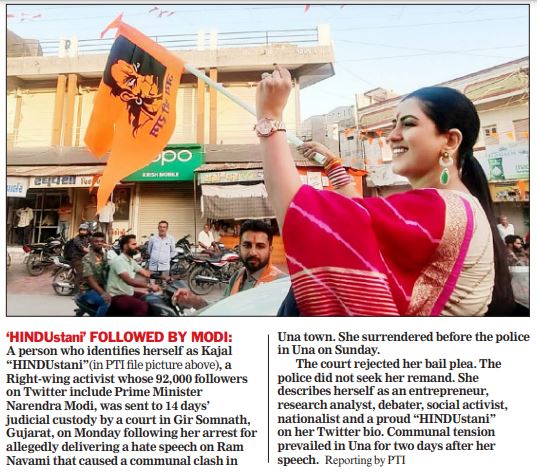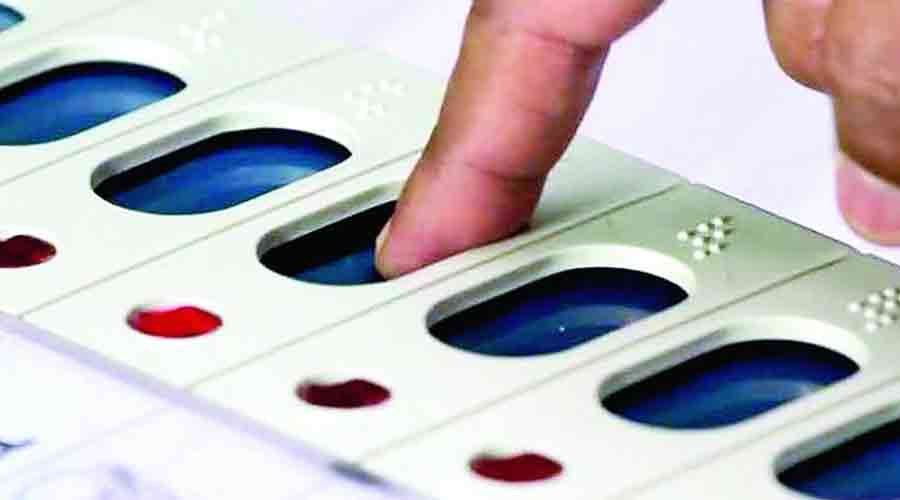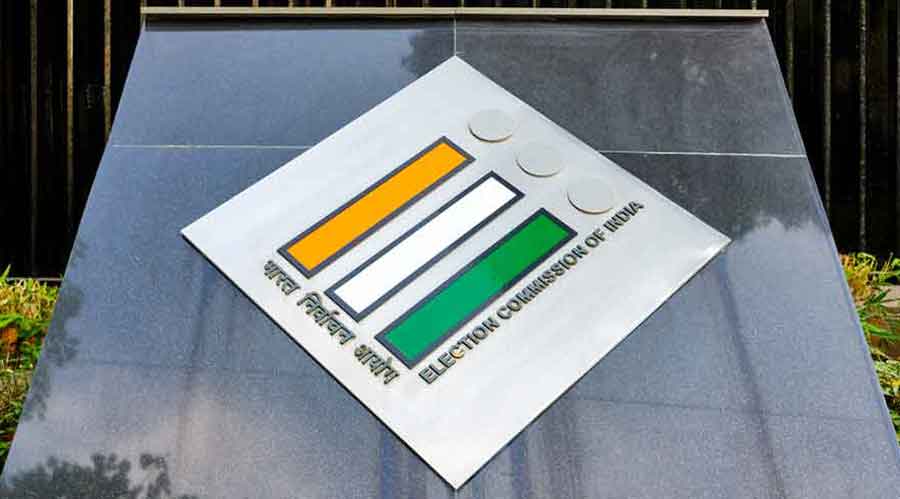The Election Commission has told the Supreme Court that it recommends that people be disqualified from contesting elections if they have been formally charged with criminal offences punishable with jail terms of five years or more.
Under current law, only a formal conviction together with a jail sentence of two years or longer debars a person from contesting polls -– till six years after the completion of the jail term.
The commission’s proposal is fraught with ominous possibilities against the backdrop of the lightning disqualification of Rahul Gandhi after he was convicted by a Gujarat court in a defamation case.
If the poll panel’s recommendation is endorsed, the party in power can easily get a state government headed by it or an ally to file cases entailing punishments of five years or longer against prominent and popular political opponents six months or earlier before an election. If a court formally accepts the chargesheet, it will ensure the ejection of the accused from elections even without a conviction.
Although the proposal has been in existence since the 1990s, never before did the country have a regime that was willing to suppress the Opposition by using any option available.
“The commission has proposed that the law should be amended to provide that any person who is accused of offence punishable by imprisonment for five years or more should be disqualified from contesting election even when trial is pending, provided charges have been framed against him by the competent court,” the poll panel has said in a recent affidavit to the apex court.
“However, as a precaution against motivated cases by the ruling party, it may be provided that only those cases which were filed prior to six months before an election alone would lead to disqualification as proposed.”
The affidavit adds: “The commission… is fully conscious of the general principles of criminal jurisprudence that a person is deemed to be innocent until proven guilty. But the proposed amendment will be in the national interests which should take precedence over the interests of the individuals.”
The poll panel said it had made the recommendation first in 1998 and reiterated it in 2004 and 2016, but it’s for Parliament to take a call.
It added the further recommendation that even people found guilty by a commission of inquiry should be disqualified from contesting elections.
The commission filed the affidavit after the apex court sought its views on a public interest petition that wants anyone facing criminal charges to be banned from contesting polls.
“Persons with criminal background accused of serious offences contesting election sends very negative signals about our electoral process,” the affidavit says. “Many of such persons facing charges of grave nature end up winning election and entering our temple of democracy....”
It adds: “Keeping a person, who is accused of serious criminal charges and where the court is prima facie satisfied about his involvement in the crime and consequently framed charges, out of electoral arena would be reasonable restriction in greater public interests.”
Petitioner Ashwini Kumar Upadhyay has alternatively suggested that people facing criminal charges be debarred from contesting on the symbols of recognised parties.
The poll panel said such a plea cannot be countenanced as the matter “is not connected with electoral performance of the party but with individual character of a candidate who may have criminal antecedents”.
The poll panel said it had also recommended raising the minimum punishment for any election candidate who files a false affidavit to two years’ imprisonment from the present maximum of six months.













